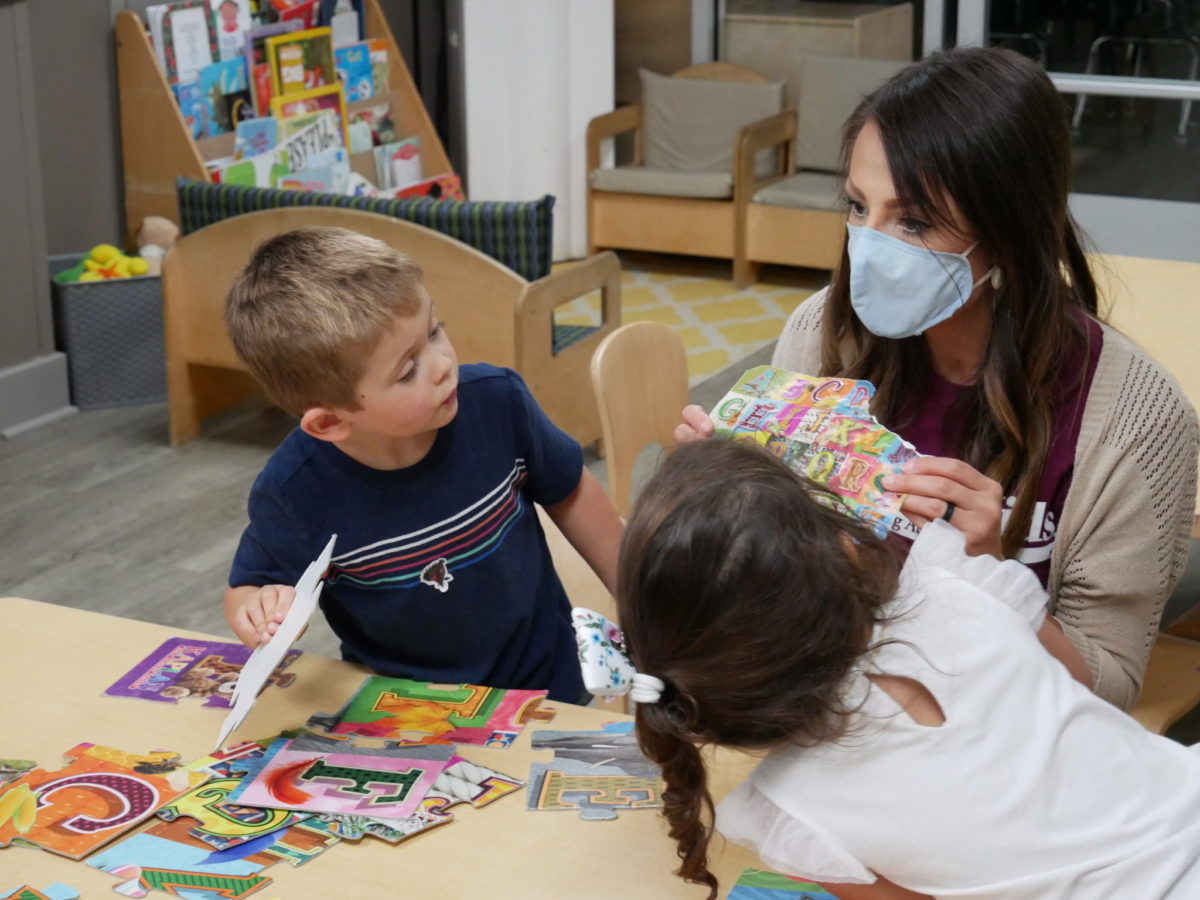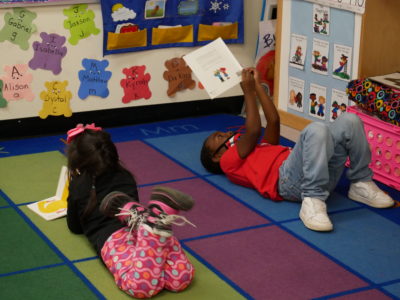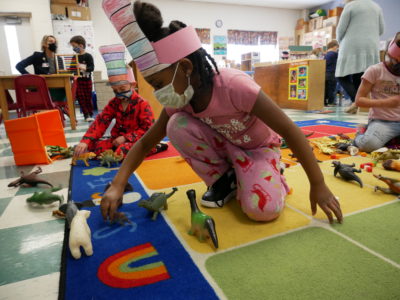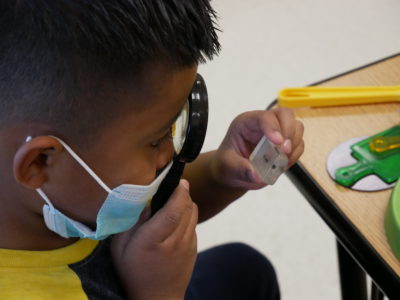
|
|
On a sunny Sunday afternoon, the WRAL Soccer Park teems with boys and girls in dark blue and light gray jerseys competing on more than two dozen pitches. Coming as soon as the traditional-calendar school term ends are summer twilight swimming meets at YMCA and neighborhood club pools.
These gatherings of hundreds and thousands of youth, along with parents, grandparents, and siblings as cheering spectators, make manifest that North Carolina offers young people growth in mind and body. And yet, the newly released State of Babies Yearbook 2021 declares that both the nation and states fail to provide sufficient supports for many infants and toddlers to thrive.
“During the pandemic, the fragile structure for child care and supporting parents was rendered even more unstable,” says the report. “Our nation’s lack of strong, permanent policies that recognize families’ dual roles of participating in the economy and nurturing their children weakened families’ ability to withstand the additional hardships imposed by the pandemic.”
The State of Babies report was produced by ZERO TO THREE, a 44-year-old Washington-based nonprofit formerly called the National Center for Clinical Infant Programs. The report draws mostly from pre-coronavirus 2019 data, supplemented by a University of Oregon study of pandemic effects. It does not rank states, but groups them in four tiers based on measurements of health, family strength, and early learning. North Carolina joins the 13 states in the second tier.
The demographic profile of the 361,000 North Carolinians 3 years and younger roughly parallels the nation in ethnic diversity, family structure, and poverty. Half of them are white, 22% Black, and 18% Hispanic. Overall, three-fourths of infants and toddlers live in two-parent families, and one-fifth live with one parent.
Nearly half live in low-income households — 22% in poverty, 24% with incomes less than twice the federal poverty line of about $51,500 a year for a family of four. More than three in 10 Black and Hispanic babies live in poverty.
The report says that North Carolina performs better than national averages on babies receiving recommended vaccinations and receiving preventive dental care, babies living in crowded housing and unsafe neighborhoods, and parents who read to a child every day. The state performs worse than national averages on infant mortality, babies experiencing food insecurity, and infant care costs as a percentage of the state’s median income for single and married parents.
“All families may benefit from parenting supports, but children and families of color face numerous challenges as a result of racism that impact their everyday life, which are exacerbated even more for children and families living in households with low income,” says the commentary on North Carolina, echoing a major theme of the national findings. “Many policies can be designed to address these disparities by race, ethnicity, and income, including the provision of safe and stable housing, home visiting services, family-friendly employer policies, economic support for families with low income, and tax credits that benefit families with young children.”
The State of Babies report came as the Biden administration released $39 billion allocated to help early childhood educators and child-care providers destabilized by the pandemic. North Carolina expects to receive $1.3 billion.
North Carolina had once earned a reputation as a national leader in addressing childhood issues — with such complementary and interlocking initiatives as Smart Start, NC Pre-K, child care subsidies, early intervention services, Head Start and Early Head Start, and a rating system that has driven up the quality of child care providers. At issue now is whether North Carolina will move ahead anew into the top tier.
Patricia Cole, senior director of federal policy at ZERO TO THREE, said more federal action is needed to reduce disparities and that “states need to step up and do their part.” In an interview, she said, “Babies need to be surrounded by quality.”
Cole pointed to data showing that six out of 10 mothers with babies are in the workforce in North Carolina as in the nation. Parents struggling to work and make ends meet, she said, are yearning for child care that enhances the critical early years of their children’s lives. It’s time, she said, for lawmakers to respond, “We hear you.”





